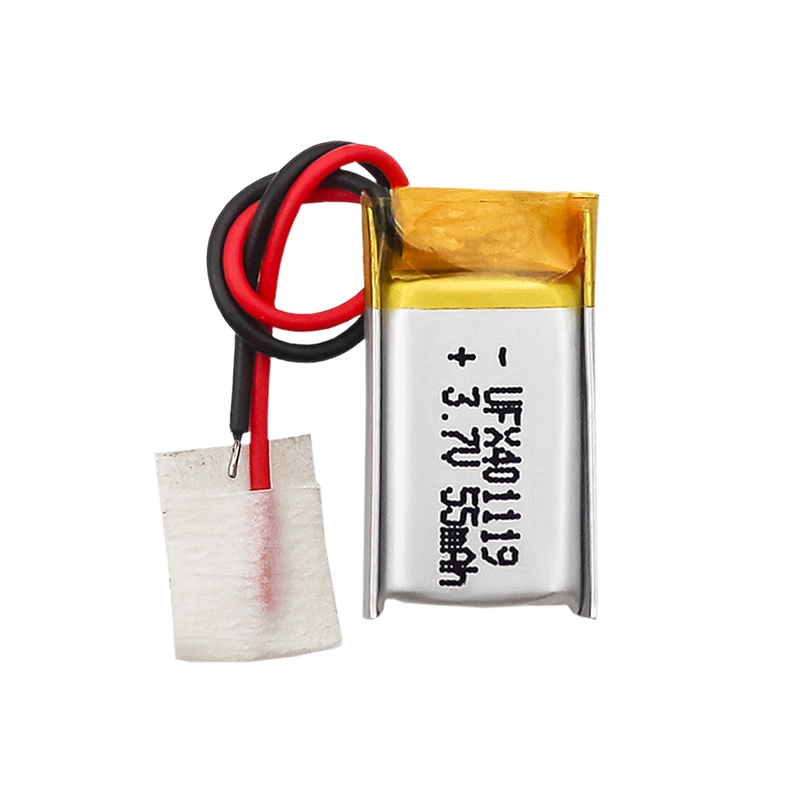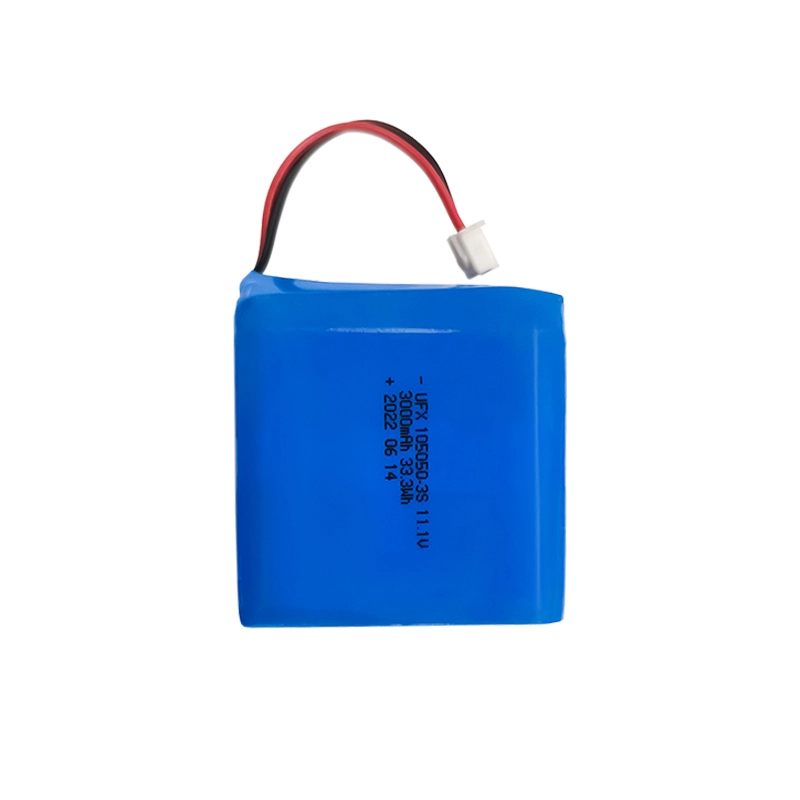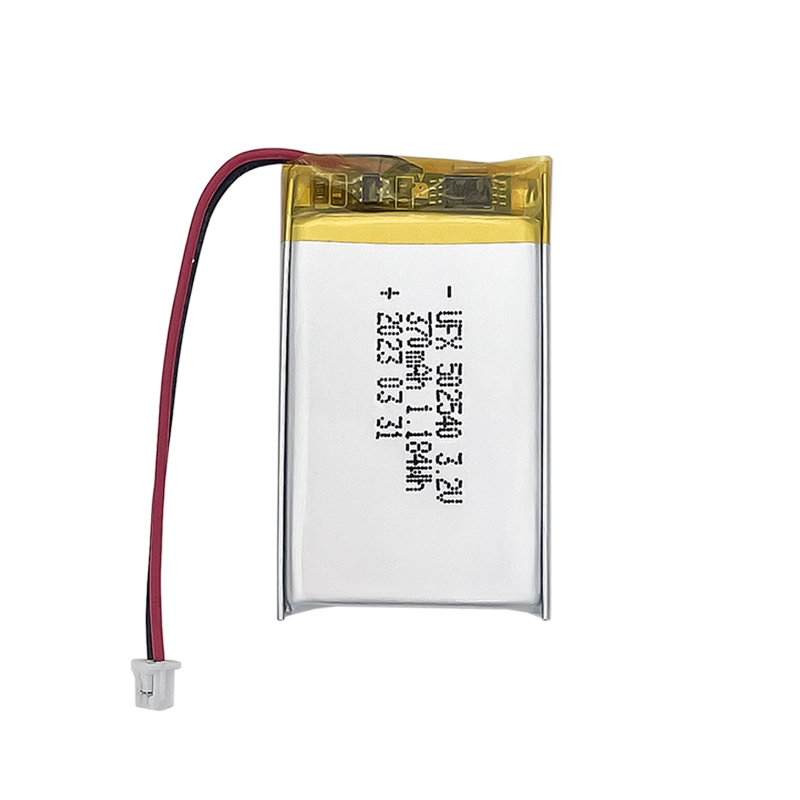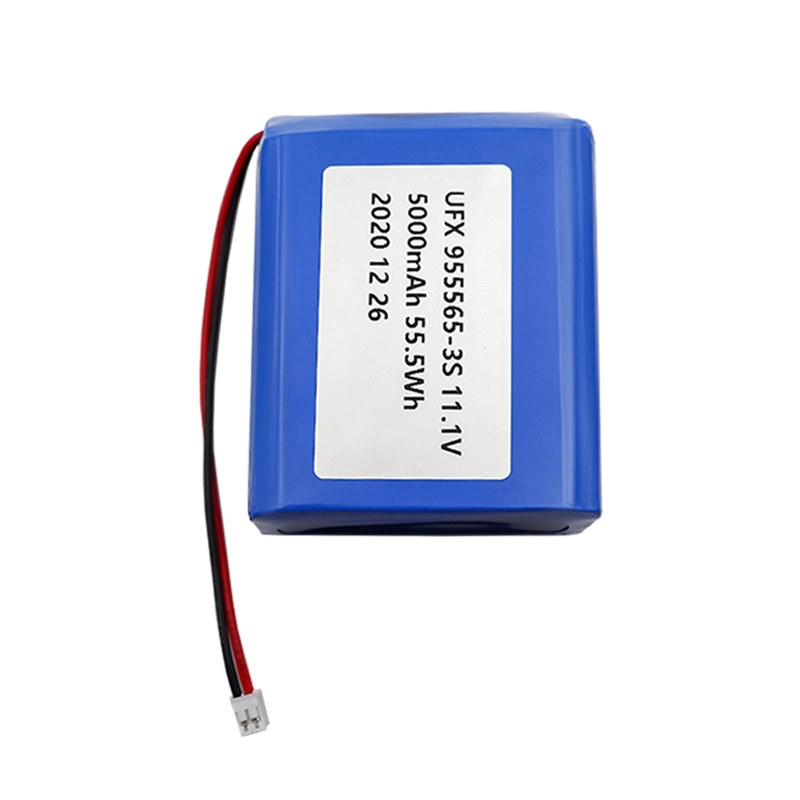
Digital Thermometer Batteries
Digital thermometers are accurate and reliable temperature measurement tools. With efficient battery life and advanced features, they have become the preferred choice of many individuals and healthcare professionals. By understanding their accuracy, battery life, and factors that may affect their performance, users can make informed decisions when selecting and using a digital thermometer.
Are digital thermometers accurate?
Digital thermometers are known for their accuracy. They can provide precise temperature readings in seconds. These thermometers utilise electronic sensors to measure temperature, ensuring reliable results. However, using them correctly and following the manufacturer’s instructions is essential for optimal accuracy.
Battery life of digital thermometers
The battery life of electronic thermometers can vary depending on factors such as the type of thermometer, how often it is used, and the specific batteries used. Generally, battery life for electronic thermometers ranges from a few months to a few years. Some thermometers may have built-in rechargeable batteries. Others use replaceable batteries, such as button cell batteries. Refer to the manufacturer’s instructions or specifications for the particular electronic thermometer model to determine expected battery life and any recommendations for battery replacement.
Digital versus mercury thermometers: which is more accurate?
Digital thermometers are generally considered more accurate than mercury thermometers. Although mercury thermometers were once widely used. However, digital thermometers are faster to read. And the risks associated with mercury are eliminated. Digital thermometers also have features such as memory storage and heat indicators. This improves their usability and accuracy.
Factors affecting the performance of digital thermometers
There are several factors that can affect the performance of a digital thermometer.
Firstly, the ambient temperature affects the accuracy of the electronic sensor. It is therefore important to use the thermometer within the appropriate temperature range.
Second, proper calibration and maintenance are critical to maintaining accuracy over time.
Finally, factors such as humidity, altitude and external heat sources can affect the performance of digital thermometers and should be considered.
High Energy Density
It stores large amounts of energy in a smaller and lighter package
Longer Cycle Life
Withstands extensive charge and discharge cycles
Low Self-Discharge
Maintains power longer when not in use
Safety
Minimizes the risk of accidents and ensures safe operation
More Information About Digital Thermometer Battery
-
What is the digital thermometers?
-
Which type of digital thermometer is most accurate?
-
Are digital thermometers better?
-
What is the difference between a digital probe and a thermometer?
Latest Blogs
About Lithium Battery Industry News

Paper Battery vs. Flexible Battery: What’s the Difference and Which Is Better?
Paper vs. flexible batteries: learn the key differences, benefits, and which power source fits best for wearables, sensors, and smart tech.
2025/04/11 Ufine

What to Know Before Buying a Tiny LiPo Battery for Your Project
Tiny LiPo batteries are powerful and compact. Learn how to choose the right one for your project with specs, safety, and charging tips.
2025/04/11 Ufine

Bloated LiPo Battery: Will It Explode?
Will a bloated LiPo battery explode? Discover the causes, risks, safety steps, and expert tips to avoid disaster and protect your gear. Must-read safety guide!
2025/04/10 Ufine

12V 100Ah Lithium Ion Battery Price: Full Guide
Learn about 12V 100Ah lithium-ion battery price, from cost ranges to best brands, hidden fees, and how to get the best deal. A must-read for smart buyers!
2025/04/10 Ufine

Resistance and Conductivity: What It Means for Your Lithium Batteries
Resistance and conductivity impact lithium battery performance, lifespan, and safety—learn how they work and why they matter.
2025/04/10 Ufine

What Is a Semi Solid State Battery and Why Should You Care?
Semi-solid-state batteries combine safety and high energy density, making them ideal for EVs, electronics, and future energy storage.
2025/04/10 Ufine





